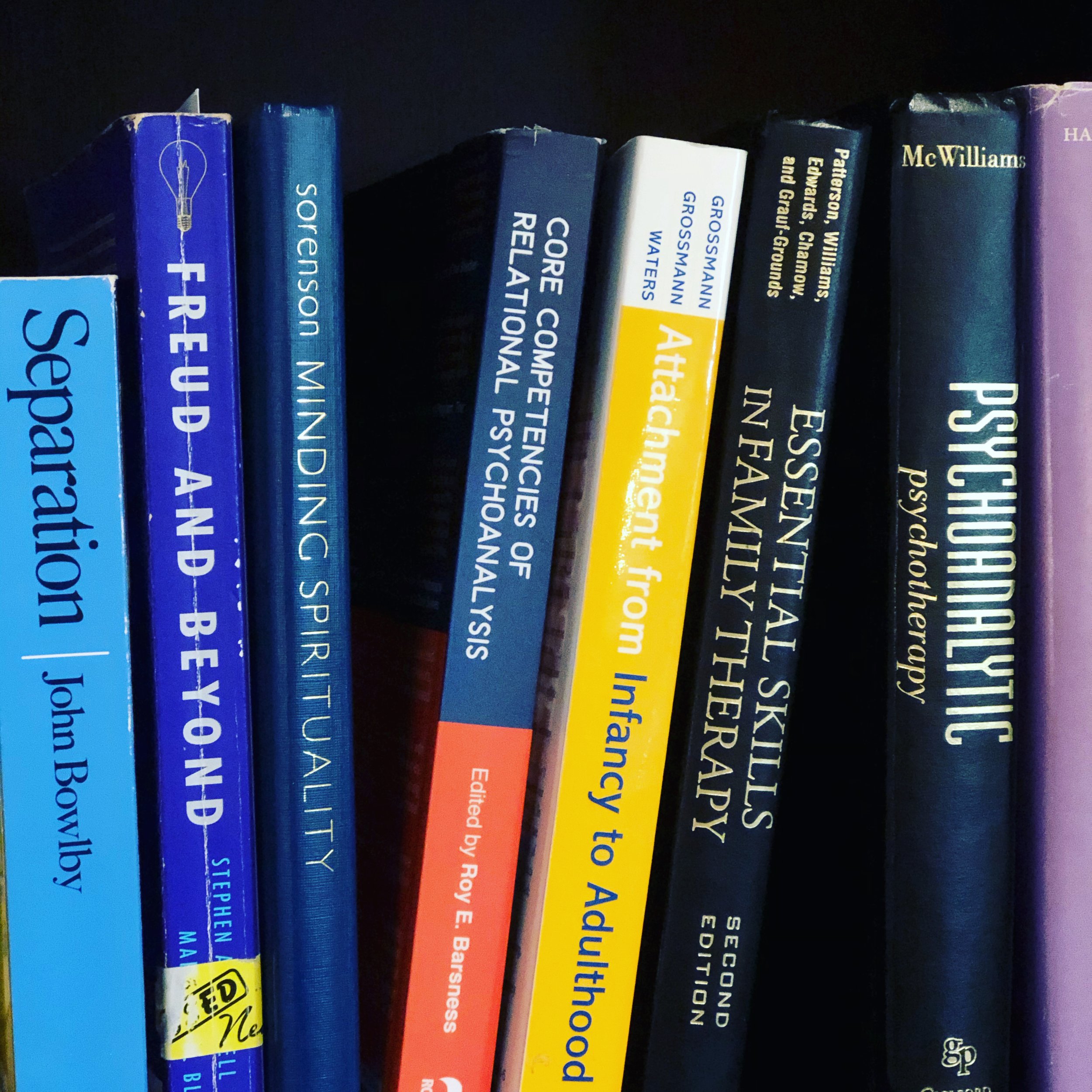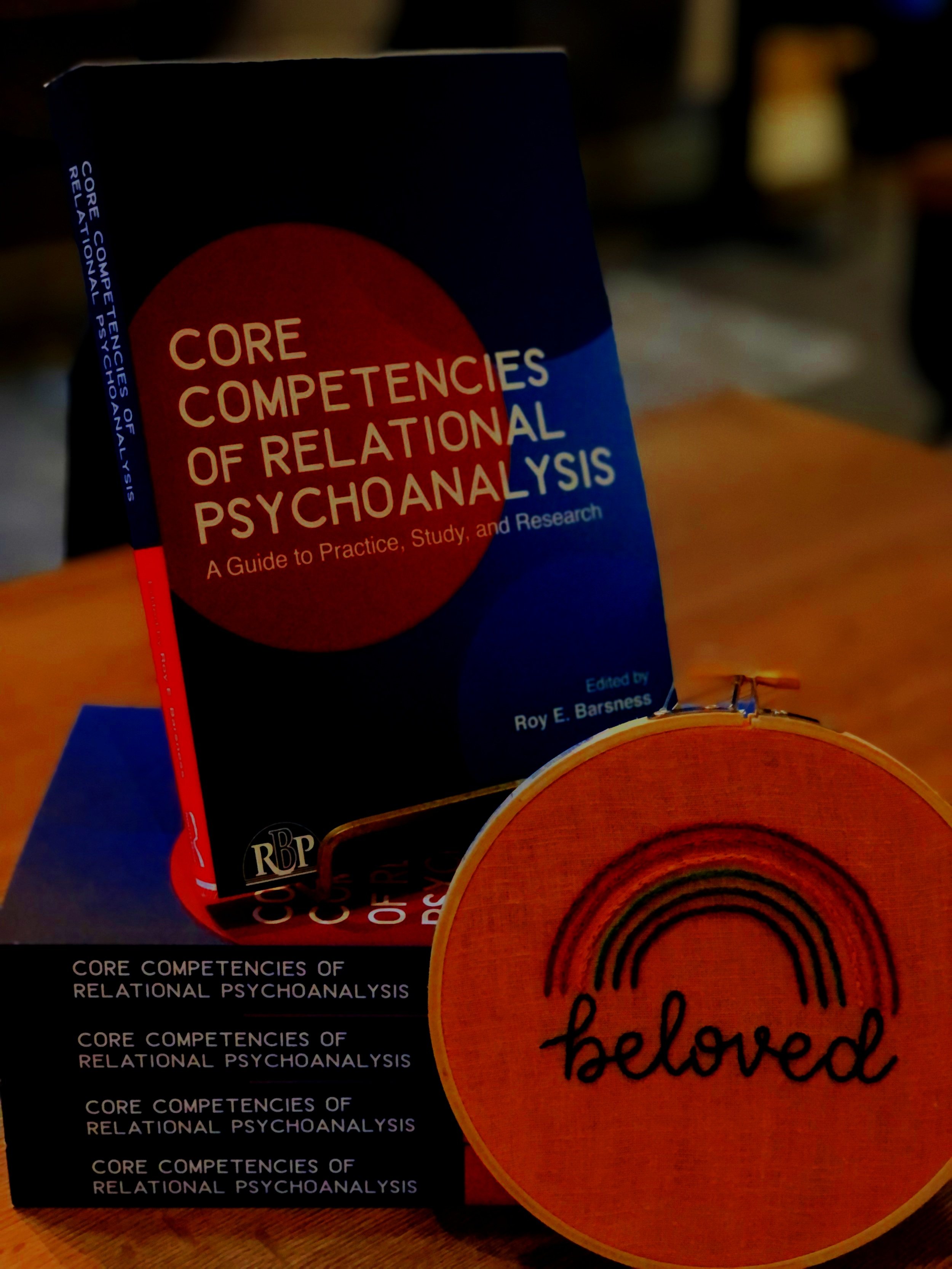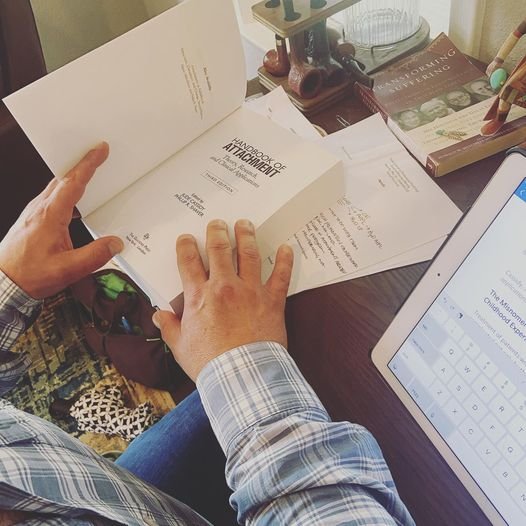
Doctorate of Professional Counseling
Taking your clinical practice to the depths of the human condition.
higher education highly accessible
Working with the complexities of the human condition is challenging. At times, this sort of work can be discouraging, confusing and taxing. Sometimes there is a significant gap between the level of professional training and the complexity of suffering of your patients. This doctoral program aims to narrow that gap, all the while continue to cultivate the character, content and craft of the therapist.
In partnership with Kairos University, we are so very pleased to facilitate a doctoral program tailored to master’s level clinicians and the professional working full-time in a service practice context. Learn more about this innovate program below.
Outcomes Based Education.
Outcomes based education in mental health is an innovate means of meeting the working professional in their context, while mentoring the professional to achieve mastery of doctoral level competencies. All educational experiences are focused on guiding students toward these programmatic outcomes within the collaborative team of the student and a team of mentors. For the DPC program, the outcomes are as follows:
Culture and Theology
Evidence-Based Assessment
Advanced Intervention Skills
Personal Development and Formation
Legal & Ethical Practice
Summative Exercise and Reflection
For more detailed information about the DPC Program outcomes and the history of outcomes based education, click here.
Rooted in Three Traditions
Contemporary Relational Psychoanalysis and the Sciences of Attachment +
Ecumenical Christian Theology and Interreligious Kinship +
Intersectional Multicultural Psychology
enrollment periods
The DPC Program has no specific enrollment periods. You can start any time you’re ready. This is possible because of several factors.
The DPC Program uses your current professional context as a significant source of education and training.
The DPC Program is taught from an Outcome-Based Education model. (Learn more about what this means by clicking here.)
In partnership with Kairos University, there are numerous student learning opportunities to meet your specific needs that include
Self-paced learning modules
Traditional learning modules
Real-time classes taught in-residence and through teleconfrencing
Multiple week-long intensives offered throughout the year
tuition costs
Tuition for the DPC Program is unique - instead of per credit hours every semester, Kairos University/TIPP uses a subscription model. You pay a consistent flat rate, every month. Once you’ve completed your doctoral program, you no longer pay. Simple. Straightforward. Affordable. And no debt.
DPC Program Costs: $500/month
Anticipated Time to Complete Program: 3 years 6 months (42 months)
Anticipated Total Costs for DPC Program: $21,000
schedule demands of the dpc program
For some students, the demands upon your schedule will fit seamlessly into your existing schedule. For others, the demands of a doctoral program will require some meaningful shifts in your schedule. If you’re in the habit of routinely reading professional material, regularly particpate in professional consultation, attend local or national professional conferences, the demands upon your schedule will be seamless. If this has not been part of your regular professional practice, you will need to make some adjustments, all of which we firmly believe will greatly enhance your clinical work benefiting you and your patients alike.
The three most significant demands upon your schedule you can expect while a student in the DPC program are
weekly participation in case consultation with fellow professionals
5-10 hours weekly of reading, listening, and watching professionally relevant material
monthly in-depth meetings (remote or in person) with at least one of your mentors

“As relational theory has evolved, it has increasingly emphasized multiciplicity in the encounter: multiple interpretive frames that might be relevant, multiple self-states from which to speak and to address, and multiple meanings that might plausibly be assigned to the patient’s and the dyad’s experience. Taken together, these render the notion of a unitary, proper technique, as it has been traditionally understood, problematic.”
— Tublin, Chapter 4, p. 72, “Core Competencies of Relational Psychoanalysis: A guide to practice, study and research”

